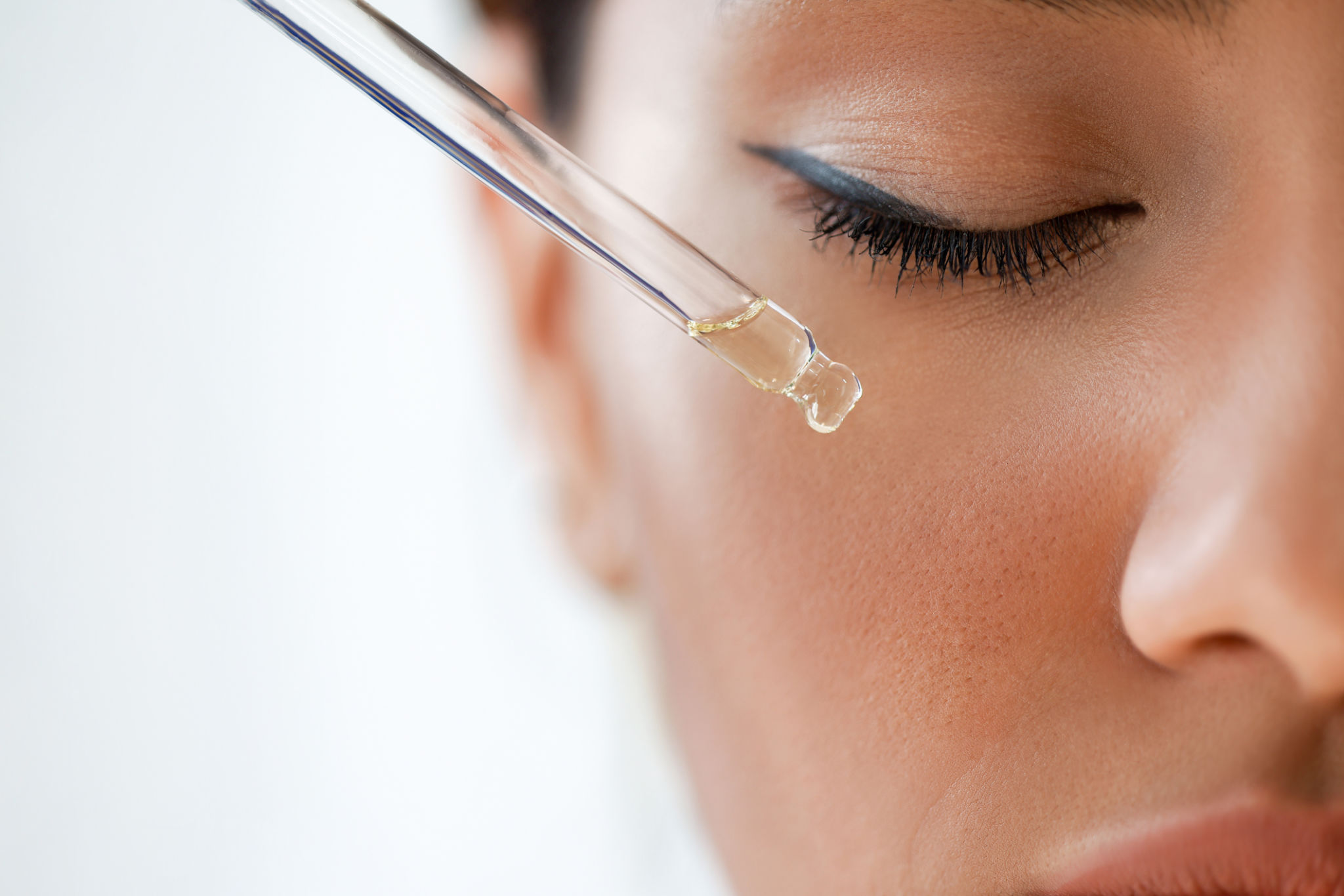Choosing the Right Skin Whitening Method: Injections, Creams, or Tablets?
Understanding Skin Whitening Methods
Skin whitening has become a popular topic of interest for many individuals seeking to achieve a lighter complexion or to address issues like hyperpigmentation. With various methods available, it’s essential to understand the pros and cons of each to make an informed decision. Among the most discussed options are injections, creams, and tablets. Each method offers unique benefits and potential drawbacks.

Injections: A Rapid Approach
Skin whitening injections typically contain glutathione, a powerful antioxidant known for its skin-lightening properties. This method is often chosen for its quick results, as the effects can be noticeable after a few sessions. Injections work by inhibiting melanin production, which is responsible for skin color.
However, it's crucial to consider the potential risks associated with skin whitening injections. Side effects can include allergic reactions, infections, and other complications if not administered by a qualified professional. It's important to consult with a dermatologist before opting for this treatment.
Creams: An Accessible Option
Skin whitening creams are perhaps the most accessible and widely used method. These topical solutions often contain ingredients like hydroquinone, kojic acid, or vitamin C, which help reduce melanin production over time. Creams can be easily incorporated into daily skincare routines, making them a convenient choice for many.

While creams offer a gradual approach to skin lightening, results can vary significantly depending on the product's formulation and the individual's skin type. It's essential to choose products from reputable brands and to conduct a patch test before full application to avoid adverse reactions.
Tablets: An Internal Solution
Skin whitening tablets are taken orally and usually contain ingredients similar to those in injections, such as glutathione or vitamin C. This method aims to lighten skin from the inside out by reducing melanin production at a systemic level.
While tablets can offer convenience and are generally considered safe when taken as directed, they may take longer to produce noticeable results compared to other methods. Additionally, it's essential to ensure that any supplements are sourced from reputable manufacturers to guarantee safety and efficacy.

Making the Right Choice
Choosing the right skin whitening method depends on various factors, including your skin type, budget, and desired speed of results. It's important to weigh the potential risks and benefits of each method carefully. Consultation with a skincare specialist or dermatologist can provide valuable guidance tailored to your individual needs.
Regardless of the method chosen, maintaining healthy skincare practices is crucial. Using sunscreen daily, staying hydrated, and following a balanced diet can enhance the effectiveness of any skin whitening treatment while promoting overall skin health.